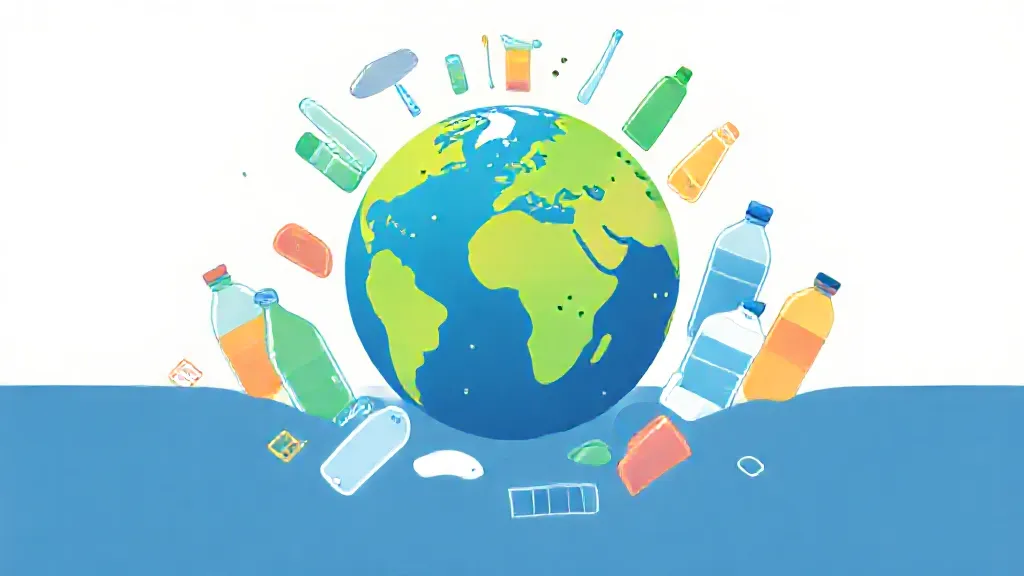The issue of single-use plastics has become one of the most pressing environmental challenges of our time. These items, designed to be used once and discarded, contribute significantly to global plastic pollution, harming ecosystems and wildlife. The importance of reducing single-use plastics cannot be overstated, as it is crucial for the health of our planet and the well-being of future generations.
The Scale of Plastic Pollution
Globally, millions of tons of plastic waste are generated each year, with a significant portion being single-use items such as bags, straws, and packaging. According to the United Nations, about 300 million tons of plastic are produced annually, and a staggering 50% of this is disposable. Much of this plastic ends up in landfills, oceans, and other natural habitats, where it can take hundreds of years to decompose, leading to long-term environmental consequences.
Impact on Marine Life
The oceans are particularly vulnerable to plastic pollution. It is estimated that around 8 million tons of plastic enter the oceans each year, posing a severe threat to marine life. Sea creatures often mistake plastic for food, leading to ingestion that can cause internal injuries, starvation, and death.
Additionally, larger pieces of plastic can entangle marine animals, resulting in injury or drowning. The loss of biodiversity in marine ecosystems can have cascading effects on the entire oceanic food web.
Human Health Concerns
The impact of single-use plastics extends beyond environmental concerns; it also poses significant risks to human health.
Microplastics, tiny plastic particles resulting from the breakdown of larger plastics, have been found in drinking water, seafood, and even the air we breathe. Studies suggest that these particles can enter the human body, potentially leading to various health issues, including hormonal disruptions and increased cancer risk. Reducing single-use plastics is not just an environmental imperative; it is also a public health necessity.
Economic Implications
The economic consequences of plastic pollution are substantial. Clean-up efforts for plastic waste cost governments and taxpayers billions of dollars each year. Additionally, the decline in tourism in areas affected by plastic pollution can impact local economies reliant on natural beauty and biodiversity.
Investing in alternatives to single-use plastics can create new economic opportunities, such as jobs in recycling and sustainable product development.
Alternatives to Single-Use Plastics
Fortunately, there are numerous alternatives to single-use plastics that can significantly reduce our reliance on these harmful products. Reusable bags, stainless steel straws, and biodegradable packaging are just a few examples of sustainable options available today.
By choosing these alternatives, consumers can play a vital role in minimizing plastic waste and encouraging businesses to adopt more sustainable practices.
Legislation and Policy Changes
Governments around the world are beginning to recognize the need for action against single-use plastics. Many countries have implemented bans on plastic bags, straws, and other disposable items, while others are promoting recycling initiatives and encouraging the use of eco-friendly products.
Such legislative measures are essential for creating a cultural shift towards sustainability and reducing plastic consumption at the source.
Community Involvement and Awareness
Community involvement is crucial in the fight against plastic pollution. Grassroots movements, educational campaigns, and local clean-up events can raise awareness about the importance of reducing single-use plastics.
By fostering a sense of responsibility and encouraging individuals to make conscious choices, communities can collectively work towards a cleaner, healthier environment.
The Future of Our Planet
In conclusion, reducing single-use plastics is vital for protecting our environment, safeguarding marine life, and ensuring human health. As individuals, communities, and governments work together to address this issue, we can create a more sustainable future.
The time to act is now, and every small change can contribute to a larger impact. By embracing alternatives and advocating for policy changes, we can pave the way for a healthier planet for generations to come.
